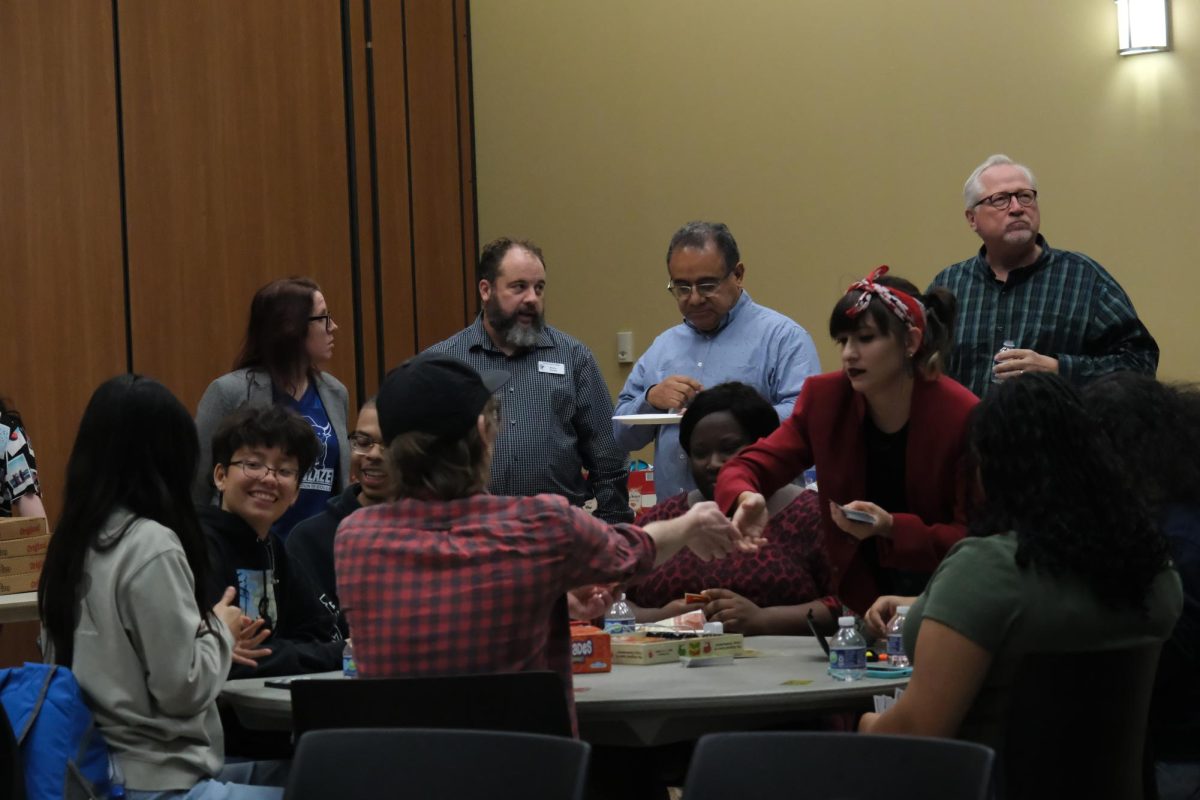NINA BANKS
campus editor
nina.banks@my.tccd.edu
Following the discussions of the affirmative action programs on Oct. 31, the Supreme Court seems to be in favor of overruling affirmative action clauses in school admissions.
Affirmative action considers several factors – most notably race – in regards to admissions or hiring and is used to diversify predominantly white spaces. According to the U.S. Department of Labor, “must be taken by covered employers to recruit and advance qualified minorities, women, persons with disabilities, and covered veterans.”
If the Supreme Court overrules affirmative action, this means universities can no longer take race into account when deciding who to admit. SE Campus government professor Hamed Madani saw the end of affirmative action as a lack of diversity in the classroom.
“Without affirmative action, a typical law class will consist of predominantly white
students,” Madani said. “It is due to affirmative action programs that we have more Black and female judges along with white judges who resolve disputes before their courts of law.”
The concept of affirmative action has been controversial. The debate of whether it is discriminatory or overlooks qualifications to diversify spaces is constantly being questioned. TR student Mason Arredondo said that affirmative action may not always be effective.
“I can see [affirmative action] as a good and a bad thing because say policing – if you are trying to use affirmative action in that – who knows what can happen in that?” Arredondo said. “You can get bad apples, good apples, you don’t know. I think in policing— it’s best to hire on merit and moral – despite affirmative action.”
Madani acknowledged the impact affirmative action has had on his family.
“Today, my daughter is a physician assistant because of affirmative action,” Madani said. “The fact that she is a minority and fluent in Spanish helped her to qualify as an applicant for admission to UT Health Science Center.”
For some, affirmative action is well intentioned but not adequate to completely address the issue of the lack of representation within universities.
“I don’t know if they should get rid of it,” Arredondo said. “I think it should be revised, maybe they can add an economic level into there.”
Adequate representation in predominantly white spaces has been a more prevalent issue in recent years. For instance, Hollywood has attempted to alleviate these issues through recasting roles originally played by white actors to people of color. TR student Samantha Coronado said the importance of affirmative action was to understand one another.
“With affirmative action, I think it can help many people to make those differences and changes,” Coronado said. “I feel like we need more diversity because you don’t really know what people go through unless you’re a regular Joe.”
Coronado saw affirmative action as a solution to the lack of diversity and opportunities afforded to her.
“I never really had opportunities until I started applying myself to those resources and then I was like, ‘Hey you know what this is my calling,’ and started realizing there is more need for me in communities,” Coronado said.
Though the decision is not set, Madani fears what precedents will be set through the overturning of affirmative action.
“I am afraid it means increased discrimination both on race and gender in education and employment sectors,” Madani said.





































